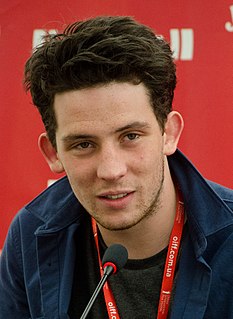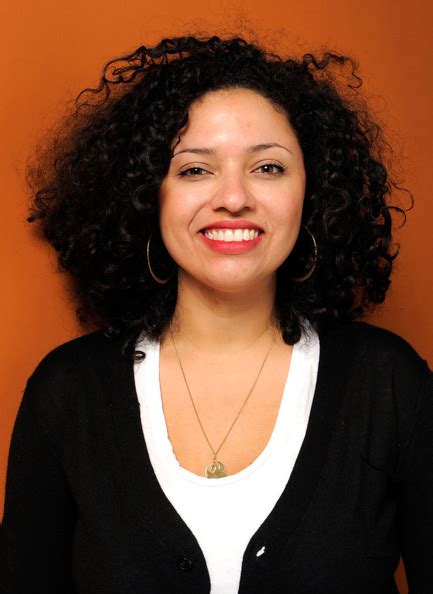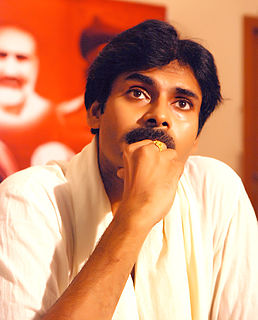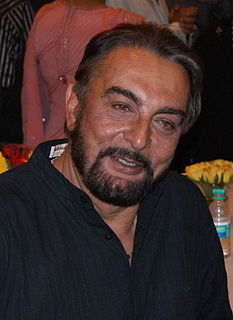A Quote by Gillian Armstrong
I was a young film student around the time of the new wave in film in the 1970s; old Hollywood was naff and over. For me, as a film student, I was going to see French and Italian cinema; American cinema was 'Easy Rider' and 'Taxi Driver.' Everything was gritty.
Related Quotes
The film The Conquest will be seen on many different levels and the American point of view is always more technical. The French are less technical - it's 'I like it, or I don't like it.' I hope that this film can have a life in the U.S. - it's the grand country of cinema. I grew up with Hollywood movies, so for a French director to have a film distributed in the U.S. is a real opportunity.
I met Michael Snow and Stan Brakhage the second day after I arrived, you know. I had never seen or heard of Brakhage. For me, it was a revolution, because I was well educated in film, but American-style experimental film was known to me in the abstract, and I had seen practically nothing. I had seen a film then that Noël Burch had found and was distributing called Echoes of Silence. It was a beautiful film, three hours long. It goes forever and it was in black and white, very grainy, and I saw that film and I thought...it was not New Wave. It was really a new concept of cinema.
To me, a revolutionary film is not a film about a revolution. It has a lot more to do with the art form. It's a film that is revolting against the old established language of cinema that had been brainwashing the people for decades. It is a film that is trying to find ways to use sound and image differently.
For me, as a film goer, I like nothing more than to sit in the cinema, have the lights go down and not know what I'm about to see or unfold on-screen. Every time we go to make a film, we do everything we can to try to systematise things so we're able to make the film in private, so that when it's finished it's up to the audience to make of it what they will.
If you take a movie like Easy Rider which everyone counts as the beginning of New Hollywood, that is a big movement. And then, when you really dissect that film and the people that were behind that movie, you realize that it has Roger Corman written all over it. Easy Rider is a hybrid film, taking The Trip and The Wild Angels and making a new explosion. And the people that were making it, guess what, they were all [people who had worked with Roger Corman].






































